 W
WRoger Aitken was a Scottish Anglican priest known for his service as a missionary at Lunenburg, Nova Scotia (1817-1825) for the Society for the Propagation of the Gospel in Foreign Parts. He was the rector at St. John's Anglican Church and was instrumental in gaining construction of the Rectory and in founding St. Peter's Anglican Church, New Dublin.
 W
WEdward Bass was the first American Episcopal bishop of the Diocese of Massachusetts and second bishop of the Diocese of Rhode Island.
 W
WCharles James Fox Bennett was a merchant and politician who successfully fought attempts to take Newfoundland into Canadian confederation. Bennett was a successful businessman and one of the colony's richest residents with interests in the fisheries, distillery and brewery industry and shipbuilding. His brother Thomas Bennett, a magistrate and member of Newfoundland's first House of Assembly, was a partner in the business.
 W
WRev. Jonathan Boucher, FRSE, FSA was an English clergyman, teacher, preacher and philologist.
 W
WWilliam O. Callis was the son of William Harry Callis and Mary Jane Cosby. He was a childhood friend of Presidents James Madison and James Monroe, was with Washington at Yorktown, and was known to Lafayette, Thomas Jefferson, and Benedict Arnold.
 W
WThomas John Claggett was the first bishop of the newly formed American Episcopal Church, U.S.A. to be consecrated on American soil and the first bishop of the recently established (1780) Episcopal Diocese of Maryland.
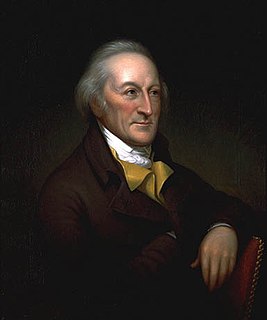 W
WGeorge Clymer was an American politician and Founding Father of the United States. He was one of the first Patriots to advocate complete independence from Britain, and like many of his peers, a slaveowner. As a Pennsylvania representative, Clymer was, along with five others, a signatory of both the Declaration of Independence and the U.S. Constitution. He attended the Continental Congress, and served in political office until the end of his life.
 W
WDaniel Parke Custis was an American planter and politician who was the first husband of Martha Dandridge. After his death, Dandridge married George Washington, one of the Founding Fathers of the United States and the nation's first president.
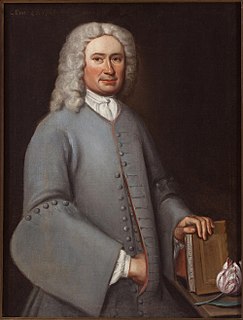 W
WJohn Custis IV was an North American Colonial British politician and a member of the Governor's Council in the British Colony of Virginia. Often he is designated as John Custis IV or John Custis of Williamsburg to distinguish him from his grandfather, father, and other relatives of the same name. His parents were John Custis, who was also a Council member, and Margaret Michael Custis.
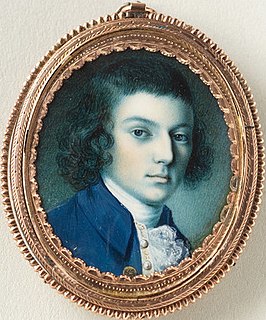 W
WJohn Parke Custis was an American planter and the son of Martha Washington and stepson of George Washington.
 W
WCol. John Dandridge Jr. of Chestnut Grove was a distinguished colonel, planter, politician, and Clerk of the Courts of New Kent County, Virginia from 1730 to 1756. Dandridge is best known as the father of the first First Lady of the United States Martha Washington, wife of George Washington, the first president of the United States.
 W
WRev. Bryan Fairfax, 8th Lord Fairfax of Cameron (1736—1802) was an Anglican clergyman and Scottish peer. He was a lifelong friend of George Washington and became the first American-born Lord Fairfax; his predecessors were born in the UK. The Rev. The Lord Fairfax was the first cousin once removed of the seventh of the lived. He lived in Virginia. He was the grandson of Reverend the Hon. Henry Fairfax, second son of the fourth Lord. However, it wasn't until 1800 that he was confirmed in the title by the House of Lords.
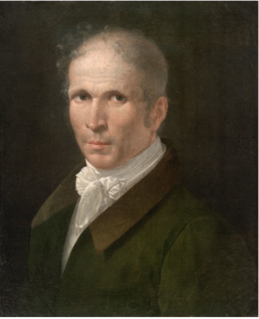 W
WFerdinando Fairfax was a Virginia landowner and member of the prominent Fairfax family.
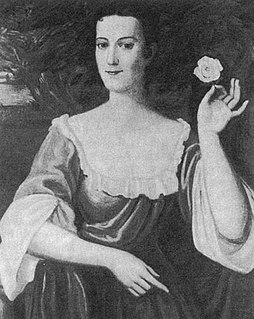 W
WSally Cary Fairfax was the wife of George William Fairfax (1724–1787), a prominent member of the landed gentry of late colonial Virginia. As such, she was mistress of the Virginia plantation and estate of Belvoir. She is well-remembered for being the woman George Washington was apparently in love with just before his marriage to Martha Dandridge Custis.
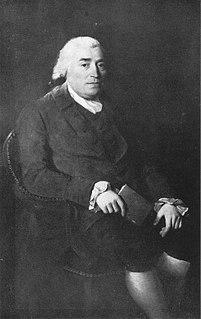 W
WThomas Fairfax, 6th Lord Fairfax of Cameron was a Scottish peer. He was the son of Thomas Fairfax, 5th Lord Fairfax of Cameron and of Catherine, daughter of Thomas Colepeper, 2nd Baron Colepeper.
 W
WThomas Fairfax, 9th Lord Fairfax of Cameron (1762–1846), was an American born Scottish peer, who along with his father, on 11 December 1799, was among the last guests at Mount Vernon before Washington died.
 W
WWilliam Fairfax (1691–1757) was a political appointee of the British Crown and a politician: he was Collector of Customs in Barbados, and Chief Justice and governor of the Bahamas; he served as Customs agent in Marblehead, Massachusetts before being reassigned to the Virginia colony.
 W
WAbraham Jarvis was the second American Episcopal bishop of the Episcopal Diocese of Connecticut and eighth in succession of bishops in the Episcopal Church. He was a high churchman and a loyalist to the crown.
 W
WElizabeth "Betty" Washington Lewis was an American colonist. She is considered a "founding mother" of America. She was the younger sister of George Washington and the only sister to live to adulthood. She was born into the Washington family as the first daughter of Augustine Washington and Mary Ball Washington.
 W
WJames Madison was the first bishop of the Diocese of Virginia of The Episcopal Church in the United States, one of the first bishops to be consecrated to the new church after the American Revolution. He also served as the eighth president of the College of William and Mary.
 W
WJohn Marshall was an American politician and lawyer who served as the fourth Chief Justice of the United States from 1801 to 1835. Marshall remains the longest-serving chief justice and fourth-longest serving justice in Supreme Court history, and he is widely regarded as one of the most influential justices to ever sit on the Supreme Court. Prior to joining the Supreme Court, Marshall served as the United States Secretary of State under President John Adams.
 W
WGeorge Mason IV was an American planter, politician and delegate to the U.S. Constitutional Convention of 1787, one of three delegates who refused to sign the Constitution. His writings, including substantial portions of the Fairfax Resolves of 1774, the Virginia Declaration of Rights of 1776, and his Objections to this Constitution of Government (1787) opposing ratification, have exercised a significant influence on American political thought and events. The Virginia Declaration of Rights, which Mason principally authored, served as a basis for the United States Bill of Rights, a document of which he has been deemed a father.
 W
WStevens Thomson Mason was a Colonel in the Continental Army during the Revolutionary War, a member of the Virginia state legislature and a Republican U.S. Senator from Virginia (1794–1803).
 W
WAngus McDonald was a prominent Scottish American military officer, frontiersman, sheriff and landowner in Virginia.
 W
WColonel John Page, a merchant in Middle Plantation on the Virginia Peninsula, was a member of the Virginia House of Burgesses and the Council of the Virginia Colony. A wealthy landowner, Page donated land and funds for the first brick Bruton Parish Church. Col. Page was a prime force behind the small community gaining the site of the new College of William & Mary, founded in 1693, as well as a chief proponent of the village being designated the colony's capital in 1698.
 W
WSamuel Provoost was an American Clergyman. He was the first Bishop of the Episcopal Diocese of New York, as well as the third Presiding Bishop of the Episcopal Church, USA. He was consecrated as bishop of New York in 1787 with Bishop William White. He was the first Episcopal Bishop of Dutch and Huguenot ancestry.
 W
WSamuel Seabury was the first American Episcopal bishop, the second Presiding Bishop of the Episcopal Church in the United States of America, and the first Bishop of Connecticut. He was a leading Loyalist in New York City during the American Revolution and a known rival of Alexander Hamilton.
 W
WRobert Smith was a prelate of the Episcopal Church who was the first Bishop of South Carolina between 1795 and 1801.
 W
WColonel John Tayloe II was a planter and politician, among the richest planters in colonial Virginia. He served in public office including the Virginia Governor's Council, also known as the Virginia Council of State.
 W
WJames Taylor V (1769–1848) was an American banker, Quartermaster general, and one of the wealthiest early settlers of Kentucky. He was a founder of the city of Newport, Kentucky.
 W
WBenjamin Waller was descended from a Virginia family established in the state since the 17th century. He was born in King William County, Virginia, the son of Col. John and Dorothy (King) Waller, and was trained as a lawyer utilizing the legal library of Sir John Randolph. Benjamin Waller was a clerk of the general court for a number of years and, in 1777, he was named presiding judge of the court of admiralty in Williamsburg, Virginia. Subsequently he served as a judge on the first Court of Appeals where he remained until 1785 when the court moved to Richmond, Virginia.
 W
WAugustine Washington Sr. was the father of the first U.S. President, George Washington. He belonged to the Colony of Virginia's landed gentry and was a planter and slaveholder.
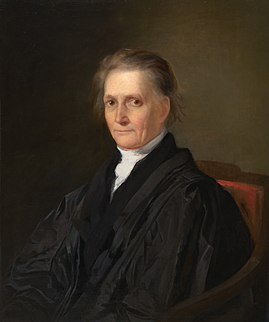 W
WBushrod Washington was an attorney and politician who served as Associate Justice of the Supreme Court of the United States from 1798 to 1829. On the Supreme Court, he was a staunch ally of Chief Justice John Marshall.
 W
WJohn Washington (1631–1677) was an English planter, soldier, and politician in colonial Virginia in North America. He was a lieutenant colonel in the local militia. Born in Hertfordshire, England, he settled in Westmoreland County, Virginia. He is the patriarch of the Washington family, being the colonist paternal English ancestor and great-grandfather of George Washington, general of the Continental Army and first president of the United States of America.
 W
WJohn Augustine Washington (1736–1787) was a member of the fifth Virginia Convention and a founding member of the Mississippi Land Company. During the American Revolution he was a member of Westmoreland County's Committee of Safety and the Chairman of the County Committee for Relief of Boston.
 W
WLawrence Washington (1718–1752) was an American soldier, planter, politician, and prominent landowner in colonial Virginia. As a founding member of the Ohio Company of Virginia, and a member of the colonial legislature representing Fairfax County, he also founded the town of Alexandria, Virginia on the banks of the Potomac River in 1749.
 W
WMartha Washington was the wife of George Washington, the first President of the United States. Although the title was not coined until after her death, Martha Washington served as the inaugural First Lady of the United States. During her lifetime, she was often referred to as "Lady Washington".
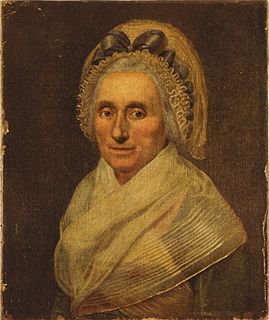 W
WMary Washington, was the second wife of Augustine Washington, a planter in Virginia, and the mother of George Washington, the first President of the United States, and five other children. Washington lived a large part of her life in Fredericksburg, Virginia, where many monuments were erected in her honor and a university plus other public buildings bear her name.
 W
WSamuel Washington was a colonial American officer and politician who was the brother of United States President George Washington.
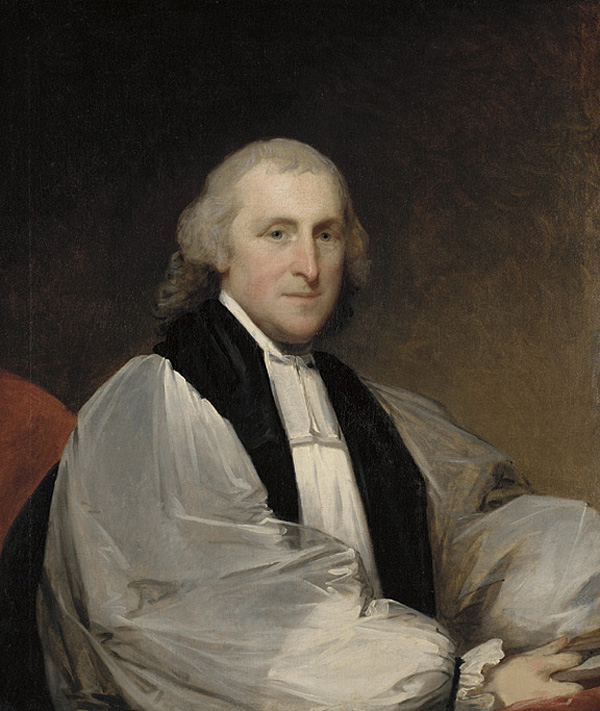 W
WWilliam White was the first and fourth Presiding Bishop of the Episcopal Church of the United States, the first bishop of the Diocese of Pennsylvania (1787–1836), and the second United States Senate Chaplain. He also served as the first and fourth President of the House of Deputies for the General Convention of the Episcopal Church.